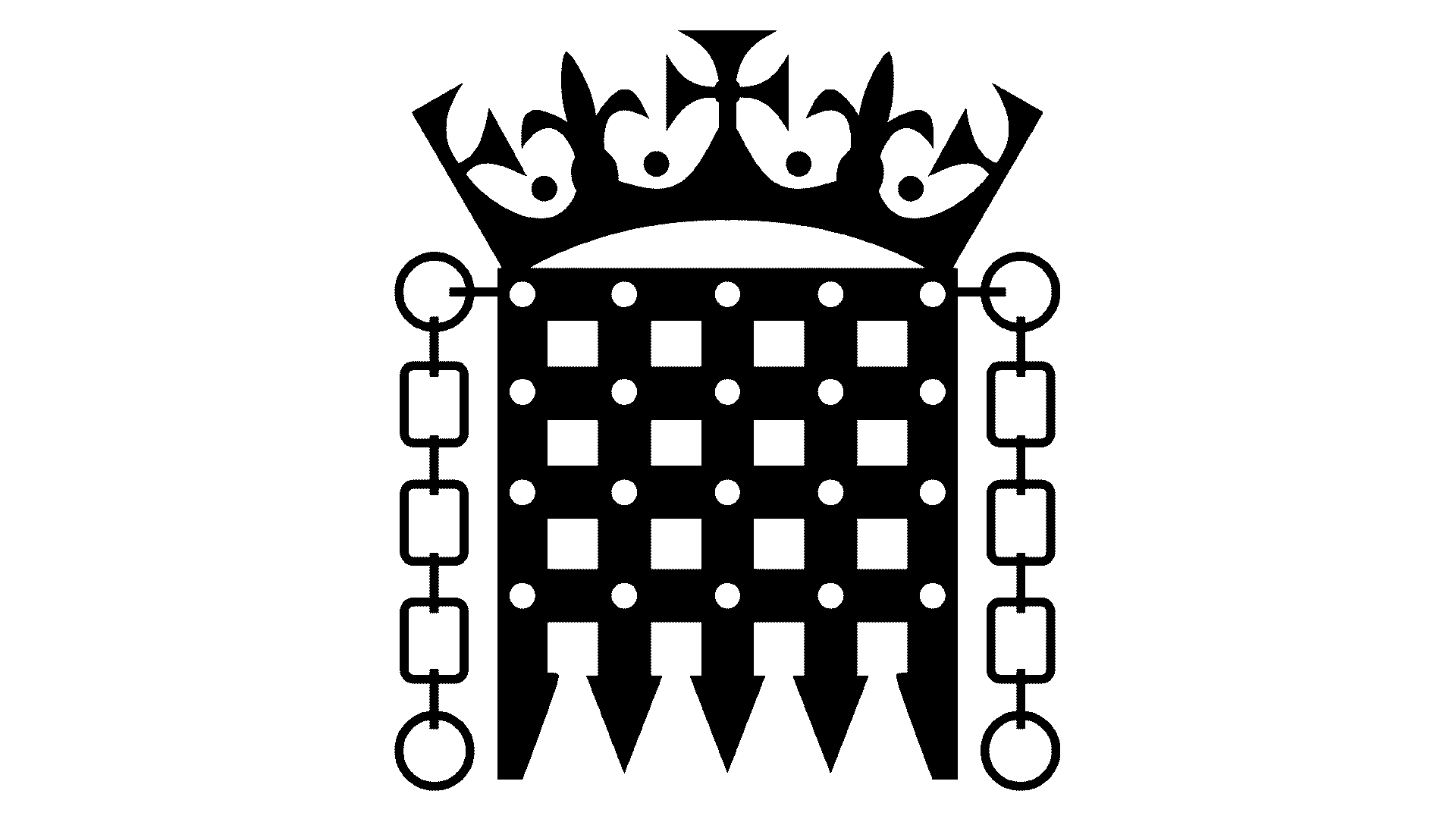
Report from the House of Lords Science and Technology Committee, 14 January 2025
The Elemental Engineering Biology Hub has highlighted a compelling new report by the Royal Academy of Engineering, titled “Don’t Fail to Scale: Seizing the Opportunity of Engineering Biology”, which calls for coordinated action to ensure the UK remains a global leader in this fast-growing field.
The report underscores that engineering biology has the potential to revolutionise sectors including healthcare, agriculture, and sustainability. However, to truly capitalise on its economic and societal benefits, the UK must overcome key barriers related to infrastructure, regulation, skills, and investment.
Drawing from the insights of over 100 experts across academia, industry, and government, the report lays out a roadmap for scaling engineering biology innovations from the lab to market. It stresses the importance of strategic investment in translational infrastructure and the need for cohesive policy frameworks that enable rapid, safe deployment of biological technologies.
The Elemental Hub supports these findings, echoing the report’s emphasis on the need for mission-led, application-focused research and stronger connections between discovery science and commercial opportunity. As engineering biology continues to shape the UK’s innovation landscape, initiatives like the Elemental Hub are playing a crucial role in translating scientific breakthroughs into real-world solutions for a sustainable future.
ELEMENTAL Mission Hub is noted in Box 1, of HL Paper 55, for its implementation of engineering biology.
Recovering and recycling rare earth minerals: In other areas of resource management, one of the recent Engineering Biology Mission Hub grants administered through UK Research and Innovation was awarded to a group aiming to use biology to recover and recycle rare earth minerals, led by principal investigator Professor Martin Warren of the Quadram Institute and the University of Kent.6 Genetically engineered microorganisms could be used to extract metals, for example from waste (bioleaching) or break down contaminants in polluted water and land (bioremediation.)
ELEMENTAL Co-Investigator, Dr Brenda Parker of UCL, is listed among the many witnesses who contributed to the House of Lords Science and Technology Committee.
🔗 Read the full report from the Royal Academy of Engineering here.